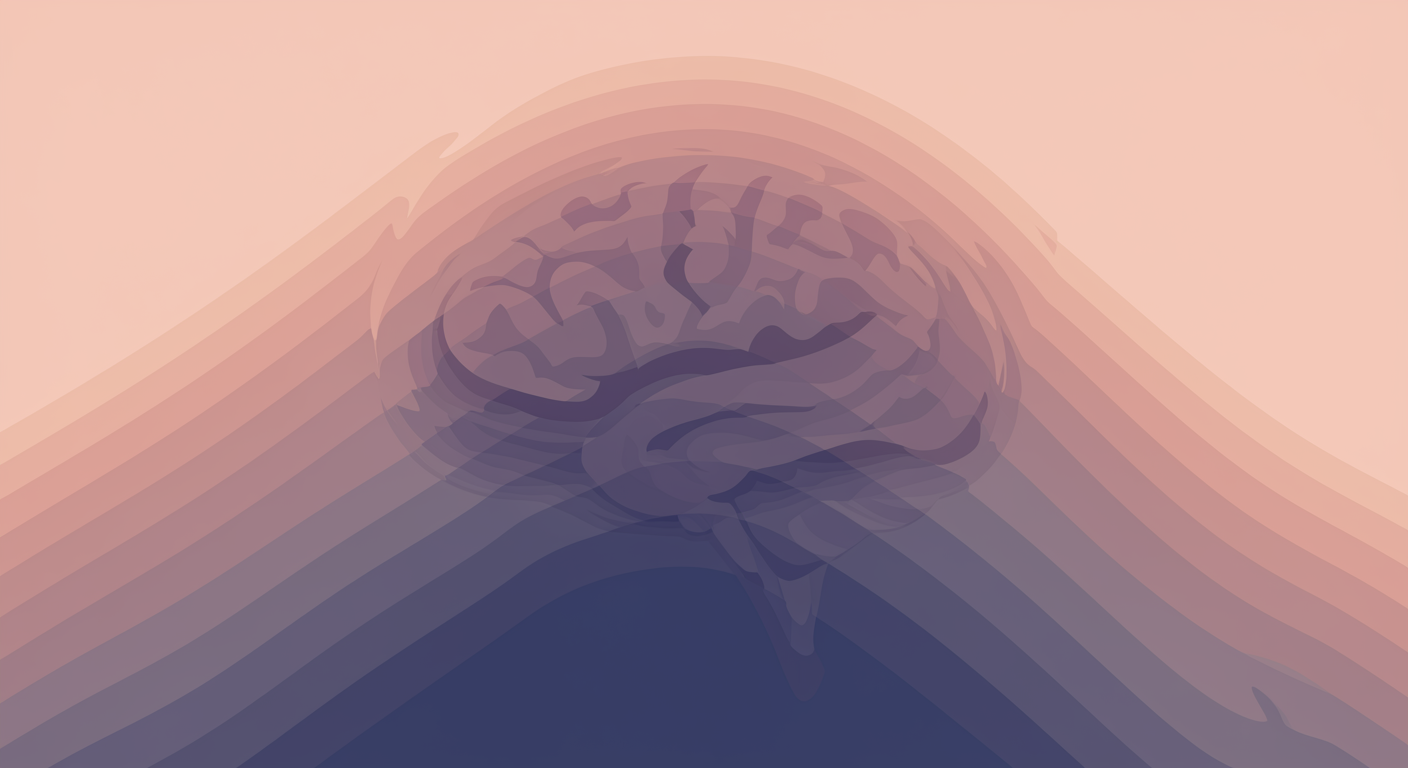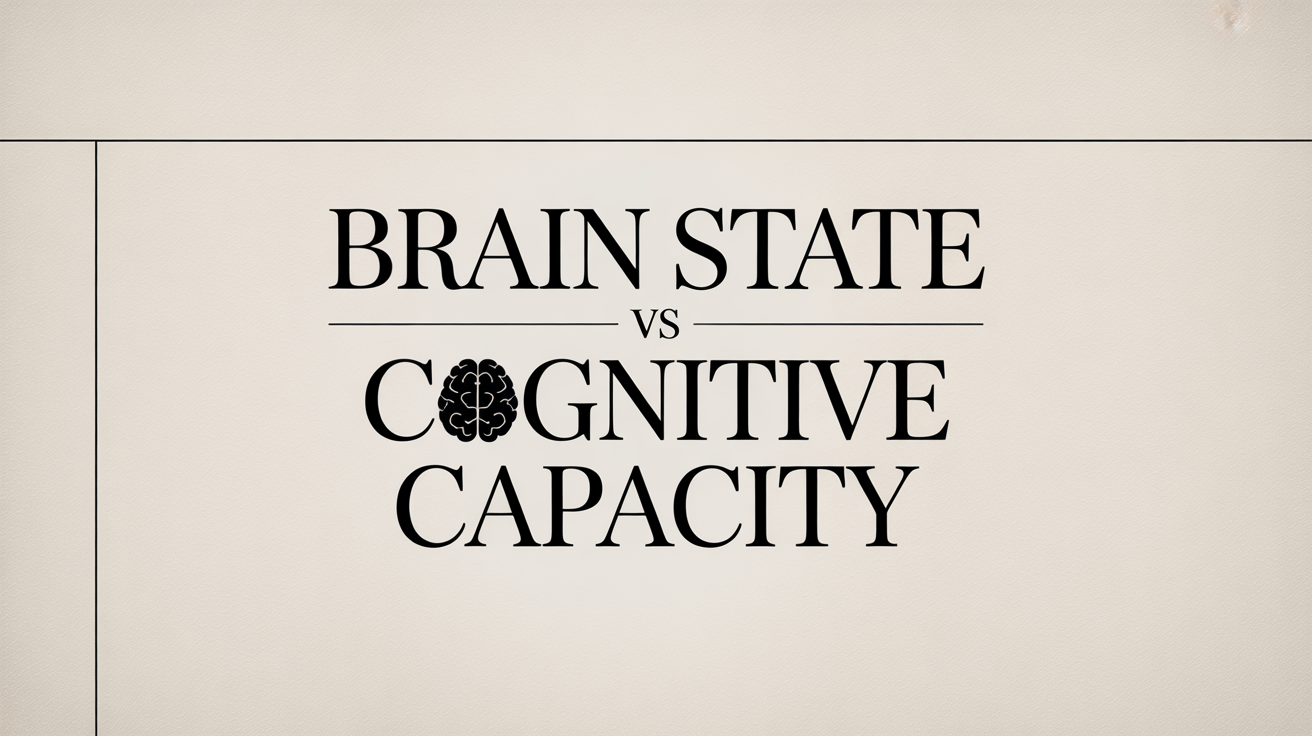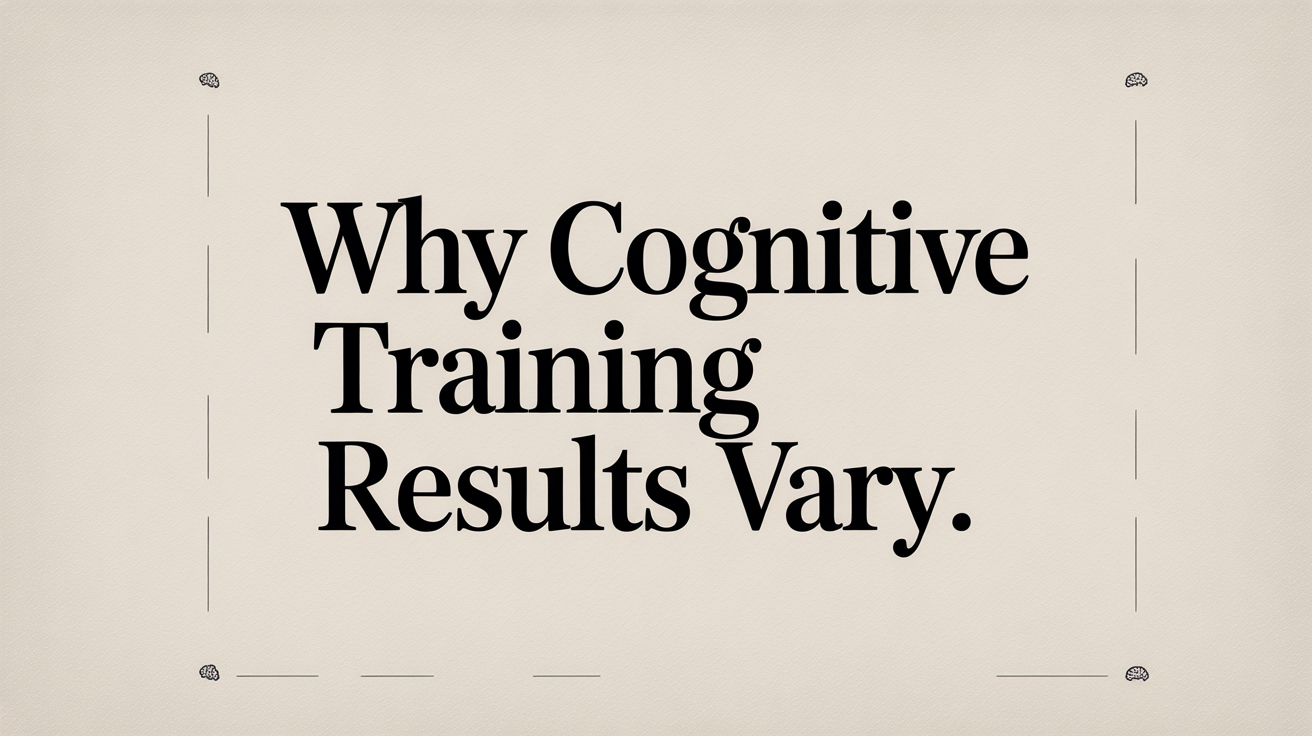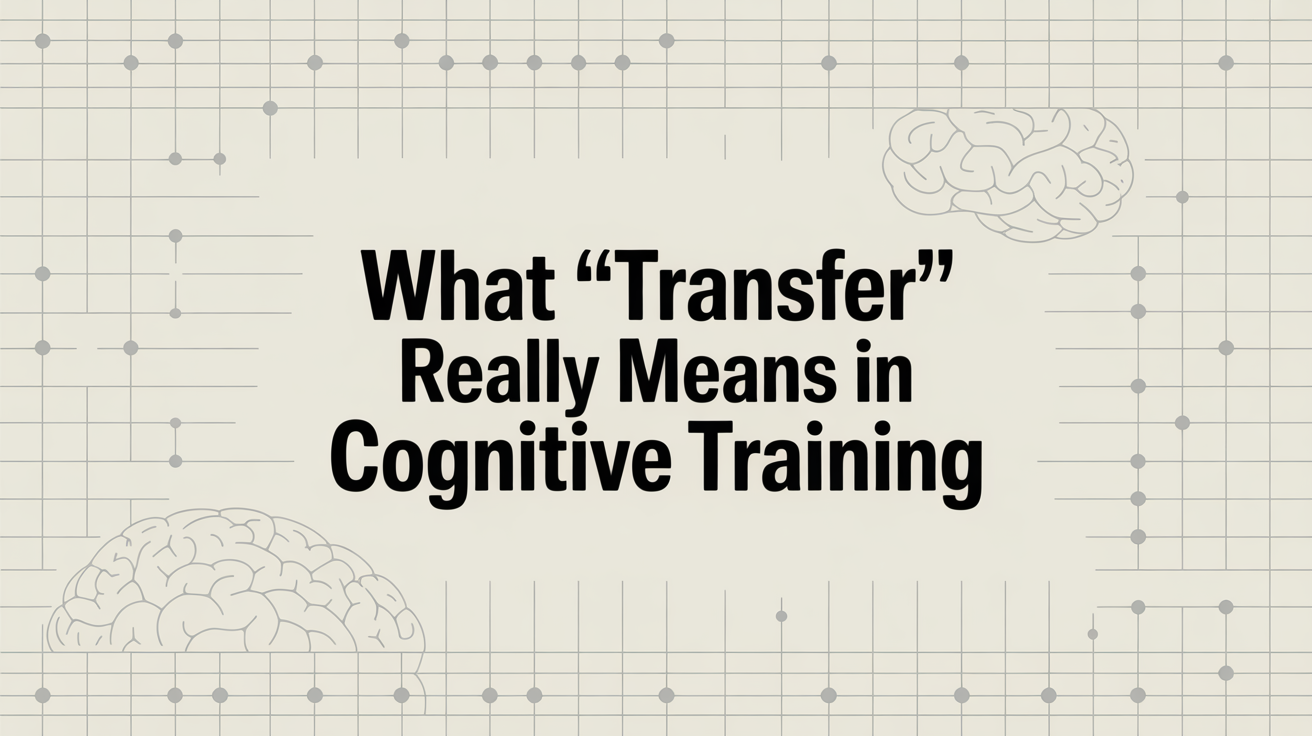Welcome to the Research and Strategy Services at in today's fast-paced.


Sleep is one of the biggest contributors to your overall health and wellbeing. It can improve your mood, and increase your brain function. Unfortunately, getting a proper night’s sleep is not as easy as one might think.
There are many factors that may contribute to unrestful sleep or no sleep at all. It can be due to stress, an underlying health condition, or even an extensive to-do list that keeps you awake far longer than you should be. Let’s consider what can actually be causing you a lack of sleep and what you can change to get better sleep.
At the end of each day, your sleeping brain will process the information from the day and create memories. It will also clear plaque-forming amyloid and tau proteins. These are associated with Alzheimer’s. When your sleep is disrupted, it can affect your stress hormones and that can make it more difficult to regulate your emotions. Mental health illnesses such as depression and anxiety have been attributed to sleep issues. Lack of sleep is not the cause of these illnesses but it does make the symptoms worse in some cases.
Restless sleep and insomnia can have causes that are not obvious to those who suffer from chronic sleep problems. Two of the most common underlying health concerns are restless leg syndrome and night leg cramps.
Restless leg syndrome is the worst at night, which is what leads to its correlation with sleeplessness. It is essentially an overwhelming urge to move your leg.
Leg cramps, also known as a charley horse, are extremely painful. They often rouse people out of sleep from the pain. The pain happens when you get a muscle cramp in your leg from contracting muscles in your thigh, foot, or calf. You will need to massage or stretch it away. This interruption can cause less restful sleep or a lack of sleep.
Your circadian rhythm is what controls your sleep and wake schedules. It is your internal clock. It draws influence from the environment around you and sends signals to your brain. Your body has four biological rhythms and the circadian rhythm is one.
Cells in your brain intake light or its absence and send signals when it is time to sleep and time to wake. This can be especially difficult for night-shift or overnight workers. Hormones like cortisol and melatonin play a role in your circadian rhythm along with your body temperature and metabolism.
Age and lifestyle choices also play a role in your natural circadian rhythm. Work hours, travel, stress, meditations, mental conditions, physical activity, and other factors will also change the way your body processes information and forms a sleep schedule.
You may also have a sleep disorder or other health condition that can disrupt the natural sleep cycle your body craves.

Brain cells are very sensitive to the environment and when there is not a healthy environment it can interfere with nerve function and even damage cells in the brain. According to Healthline, the REM phase of sleep helps the part of our brain that controls learning, emotional wellbeing, and memory. During this phase, we are dreaming.
If you are not getting the proper sleep, your chances of developing dementia may increase so it is best to get into a healthy sleep routine.
You can also suffer from diabetes, thyroid dysfunction, and trouble managing your weight. Mentally, you may suffer poor memory, depression, and anxiety. Improving your sleep can help to decrease the chances of having these issues.
There are a few things you can do to improve your sleep and avoid disturbances to your natural sleep rhythm.
1. Sleep hygiene: Control the environment in your bedroom. Make it comfortable, free of clutter, quiet, and as dark as possible.
2. Bright light: Lights can have a heavy impact on your sleep health so it is best to turn everything off before getting ready for bed.
3. Avoid caffeine: Coffee and other caffeinated beverages can have a major impact on your sleep. Make sure all of the caffeine has made it through your system before you go to bed.
4. Alcohol and sleep don’t mix: Alcohol can lead to broken sleep and it is best to avoid it close to bedtime.
5. Sleep aids don’t work: These can be addictive and should not be used regularly. They can help for a short period of time but are not meant for long-term use.
6. Large meals and bedtime: Your body needs time to process meals and if you have a large meal before bed this can disturb your sleep.
You should also only use your bed for sleeping and not other activities like movies and eating. Other activities can trick your body into thinking that the bed is meant for more than sleeping. If you exercise, make sure it is not too close to your bedtime as this can energize you and keep you up later.
Sleep is often put on the back burner as some people think that they must use every moment of every day to be productive. What people do not realize is that lack of sleep can lead to more serious health concerns down the line. Use our tips to get a better sleep today.








Welcome to the Research and Strategy Services at in today's fast-paced.

By strengthening the neural circuits that are affected by addiction, their restoration aids in fighting the addiction itself.

Learn how biofeedback can guide quality sleep habits.

A personal look into the challenges of the digital age, and practical ways to overcome them.
.png)